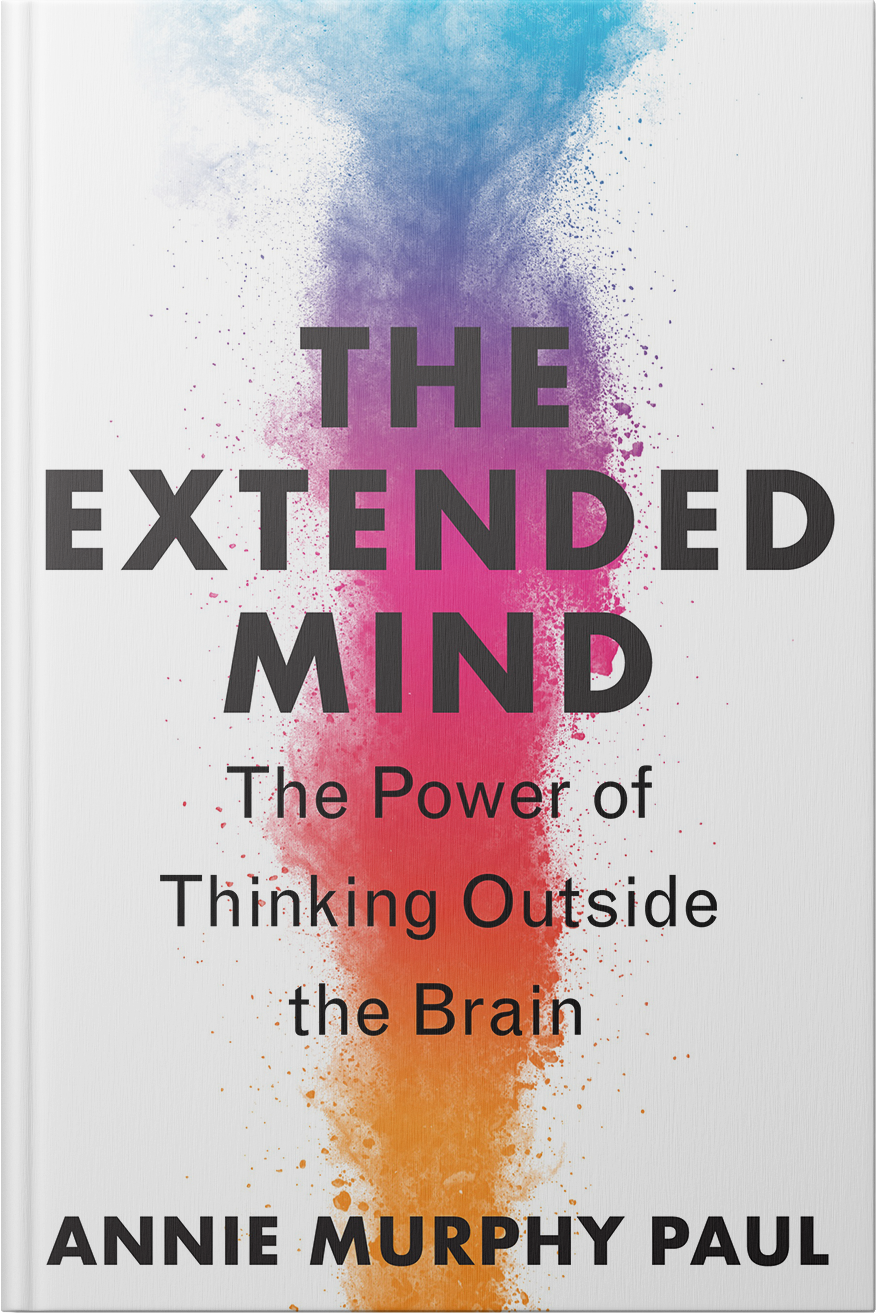At Barnard, a women’s college, most of the employees are women—”but a lot of the ones who show up at the office these days are men,” writes Barnard president Sian Beilock in a recent piece for the Washington Post.
Remote-work arrangements may end up hurting women, she says, if it means that female employees are less likely to see other women around the office. “Representation and the cues we get about it matter,” she notes, citing a study that found that “when a computer science classroom was decorated with stereotypically man-cave trappings such as sci-fi posters and electronic equipment, college women who entered reported less interest in computer science than those who entered the same classroom when it featured more neutral décor.”
“Feeling as though we don’t belong has a direct effect on our relationship to our work,” Beilock concludes. “If female professionals become scarcer at the office, more women will feel as though they don’t belong and opt to work remotely. So women will be even scarcer.”
Beilock’s article is an important reminder that the “cues” we pick up from the spaces around us include the people who occupy those spaces. The demographic makeup of a workforce or a student body itself constitutes a powerful cue of belonging—or not-belonging.
Here’s Beilock’s article:
“Why I worry remote schedules could mean fewer women in the office”
Sian Beilock, in The Washington Post
The study she references is here:
“Ambient Belonging: How Stereotypical Cues Impact Gender Participation in Computer Science”
Sapna Cheryan, Victoria C. Plaut, Paul G. Davies, Claude M. Steele, in Journal of Personality and Social Psychology
